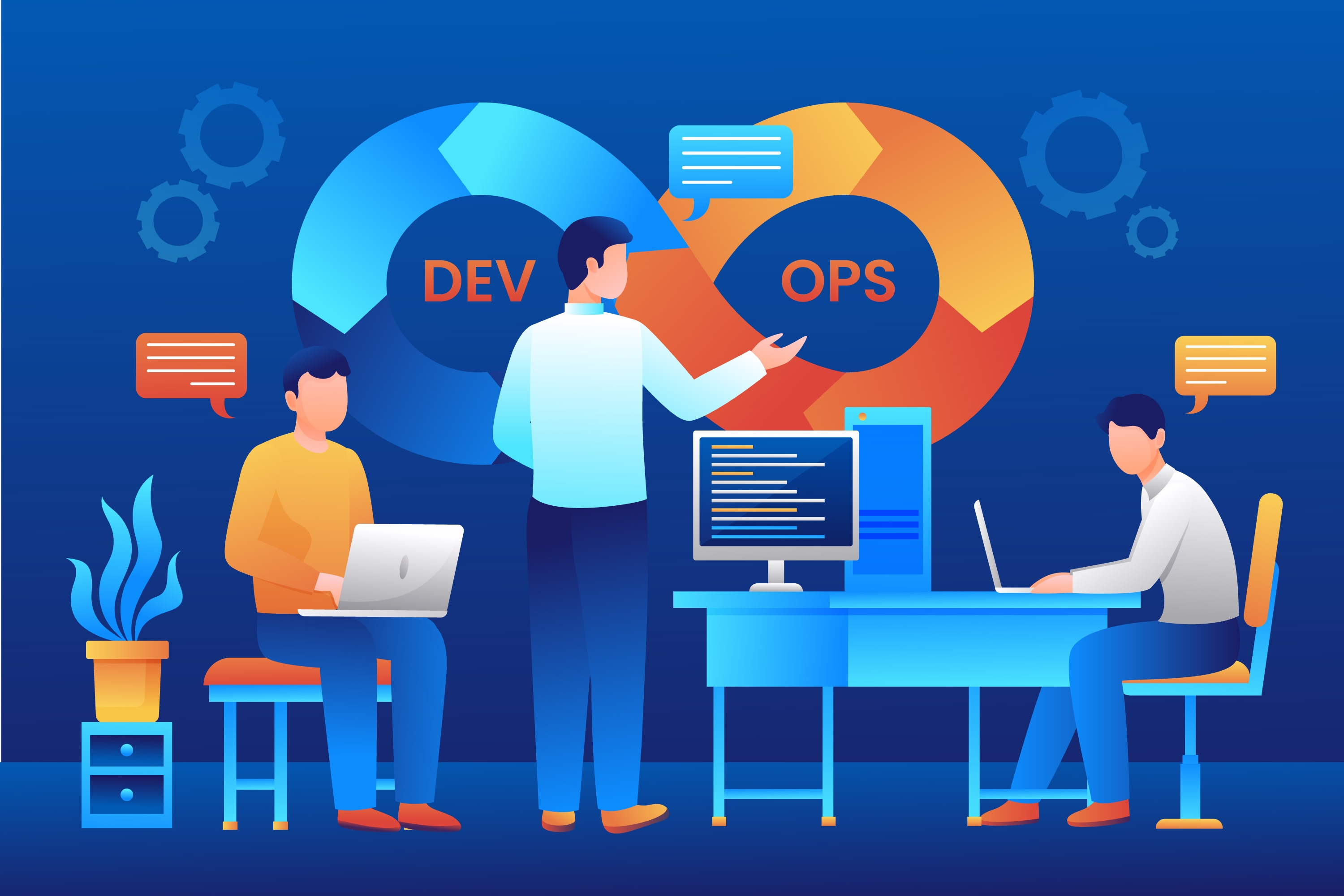Introduction
In today's fast-paced digital landscape, businesses are constantly seeking ways to enhance agility, streamline processes, and improve collaboration between development and operations teams. This quest for efficiency has given rise to DevOps—a cultural and technological approach that fosters collaboration, communication, and integration between software development and IT operations. In this article, we'll delve into the world of DevOps solutions and services, exploring how they can revolutionize your organization's software development and delivery.
Understanding DevOps
DevOps, a portmanteau of "development" and "operations," is not merely a set of tools but rather a philosophy and methodology aimed at breaking down silos between development and operations teams. The ultimate goal is to facilitate continuous delivery and continuous integration, ensuring a seamless and efficient software development lifecycle.
Key Principles of DevOps
-
Collaboration: DevOps encourages a culture of collaboration and communication between development and operations teams. This breaks down traditional barriers, fostering a shared responsibility for the entire software development process.
-
Automation: Automation is a cornerstone of DevOps. By automating repetitive tasks such as testing, deployment, and infrastructure provisioning, teams can accelerate the delivery pipeline and reduce the likelihood of errors.
-
Continuous Integration/Continuous Deployment (CI/CD): CI/CD pipelines are crucial components of DevOps. Continuous integration ensures that code changes are regularly merged into a shared repository, while continuous deployment automates the release of code to production environments, resulting in faster and more reliable releases.
DevOps Solutions and Services
-
Containerization and Orchestration:
- Docker: Containerization technology that packages applications and their dependencies into standardized units for easy deployment.
- Kubernetes: An open-source container orchestration platform that automates the deployment, scaling, and management of containerized applications.
-
Configuration Management:
- Ansible, Puppet, Chef: Tools that automate the configuration and management of infrastructure, ensuring consistency and reproducibility.
-
Monitoring and Logging:
- Prometheus: An open-source monitoring and alerting toolkit designed for reliability and scalability.
- ELK Stack (Elasticsearch, Logstash, Kibana): A powerful combination for log management and analysis.
-
Collaboration Tools:
- Jira, Confluence: Atlassian tools that facilitate project management and documentation, enhancing collaboration across teams.
-
Version Control:
- Git: Widely used for version control, Git enables teams to track changes in code, collaborate effectively, and manage code repositories.
-
Cloud Services:
- AWS, Azure, Google Cloud: Cloud platforms that provide a range of services for scalable and flexible infrastructure, fostering agility in development and deployment.
Benefits of DevOps Solutions
-
Faster Time to Market: DevOps accelerates development cycles, enabling organizations to release high-quality software faster and more frequently.
-
Improved Collaboration: Breaking down silos fosters a culture of collaboration and shared responsibility, leading to better communication and understanding between teams.
-
Increased Efficiency: Automation of repetitive tasks and processes streamlines workflows, reducing manual errors and increasing overall efficiency.
-
Enhanced Quality: Continuous testing and integration ensure that issues are identified and addressed early in the development process, resulting in higher-quality software.
Conclusion
DevOps is a transformative approach that aligns development and operations, fostering a culture of collaboration and efficiency. By embracing DevOps solutions and services, organizations can unlock the full potential of their software development lifecycle, achieving faster time to market, improved quality, and enhanced collaboration. As businesses continue to navigate the evolving digital landscape, DevOps remains a key enabler for innovation and success.


